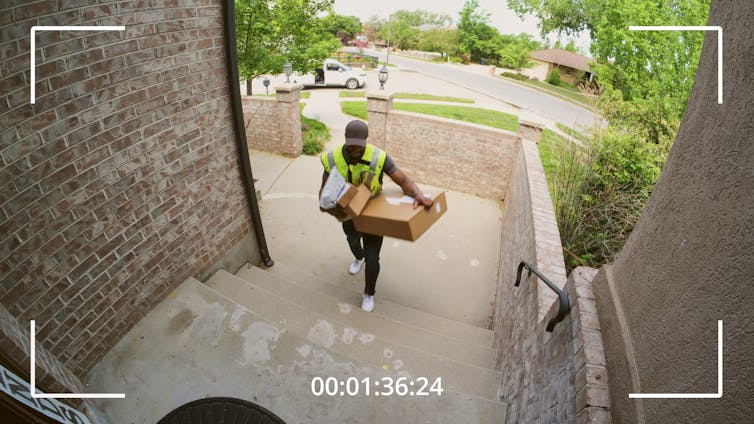Artificial intelligence is a lively topic of conversation in schools and workplaces, which could lead you to believe that only younger people use it. However, older Americans are also using AI. This raises the questions of what they’re doing with the technology and what they think of it.
I’m a researcher who studies older age, disability and technology use. I partnered with the University of Michigan’s National Poll on Healthy Aging to survey nearly 3,000 Americans over the age of 50. We asked them whether and how they use AI and what concerns they have about using it.
Of the older people we surveyed, 55% responded that they had used some type of AI technology that they can speak to, like Amazon’s Alexa voice assistant, or type to, like OpenAI’s ChatGPT chatbot. Voice assistants were overwhelmingly more popular than text chatbots: Half of them reported using a voice assistant within the past year, compared to 1 in 4 who used a chatbot.
Popular, among some
Independent living continues to be a major goal of older Americans as they either do not want to or are unable to afford to live in long-term care communities, and AI may be a tool to support this goal. Our findings show that older adults who use AI in their homes find it helpful for living independently and safely.
They mostly used these technologies for entertainment or searching for information, but some of their responses show more creative uses, such as generating text, creating images or planning vacations.
Nearly 1 in 3 older adults reported using AI-powered home security devices, including doorbells, outdoor cameras and alarm systems. Nearly all of those people – 96% – felt safer using them.
While there has been some concern about privacy when using cameras indoors to monitor older people, cameras aimed outdoors seem to provide a sense of security for those who may be aging in their homes alone or without family nearby. Of the 35% of older adults who reported using AI-powered home security systems, 96% said they were beneficial.

AI-powered security devices such as smart doorbells make many older adults feel safer.
O2O Creative/E+ via Getty Images
However, when we dove into which older adults are using AI, we saw that demographics matter. Specifically, those in better health, with more education and higher incomes were more likely to have used AI-powered voice assistants and home security devices in the past year. This pattern seems to follow adoption trends of other technologies such as smartphones.
Trusting AI is tricky
As more information about AI’s accuracy emerges, so do questions about whether people can trust it. Our survey results show that older Americans are split on whether to trust content that was generated by AI: 54% said they trust AI, and 46% said they do not. People who trusted AI more were more likely to have used some type of AI technology within the past year.
Further, AI-generated…


